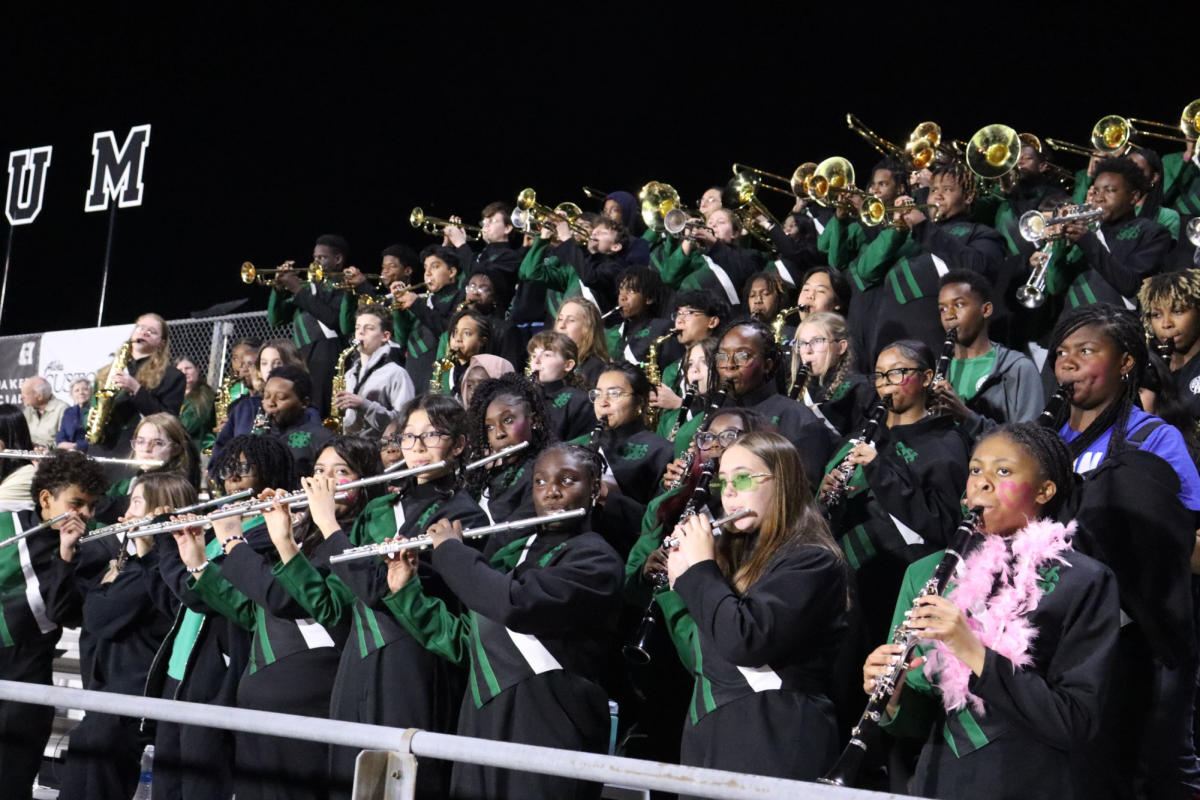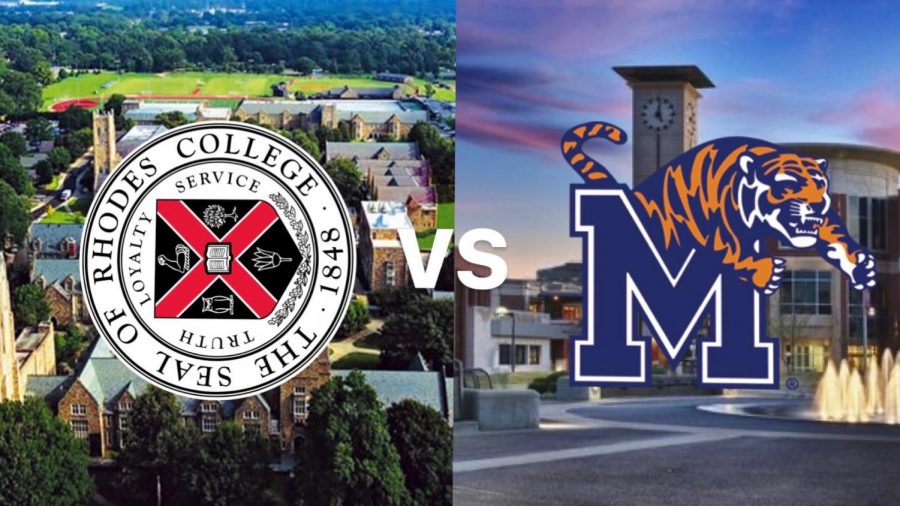Private vs state colleges: which one is right for you?
The average tuition for public colleges is $26,290 compared to $35,830 at private schools. At private schools 48.3% of students graduate within four years unlike 35% of students of public schools.
Choosing where to begin one’s life as an independent adult is one of the biggest decisions seniors have to make. The process begins with deciding whether or not to pursue higher education. For those who choose to go to college, it is beneficial to know the difference between state and private schools.
The main difference is where their funding comes from and how they’re administered.
“State schools are funded by the state; therefore, they have certain rules and regulations,” guidance counselor Leslie Fleming said.
Because state schools are funded by the government, who receive money from that state’s taxpayers, they prioritize students who reside in their respective states. This results in a larger school population, which starkly contrasts from the school dynamic and community experience at private schools.
“The community I saw when I visited [Yale] felt more close-knit than some of the other places I went to,” admitted Yale student Krishna Dasari (12) said.
The opportunities are different since private schools typically specialize in a specific field, so a significant factor to consider is what opportunities the college offers and which ones are relevant to one’s future.
Private schools are usually more expensive; however, they tend to offer more scholarships compared to state schools.
“Private colleges appealed to me more than public colleges because they usually had more merit scholarships for out-of-state students, making them more affordable for me,” Jie Wang (12) said.
Money plays a major role when deciding which college to attend, but no matter where one ends up, the educational experience is only as good as what the student makes of it.
“I feel like for every field of study, what matters more is what you put into your undergraduate education, not the prestige of the program you attend,” Wang said.
Your donation will support the student journalists of White Station High School. Your contribution will allow us to purchase equipment and cover our annual website hosting costs.


































